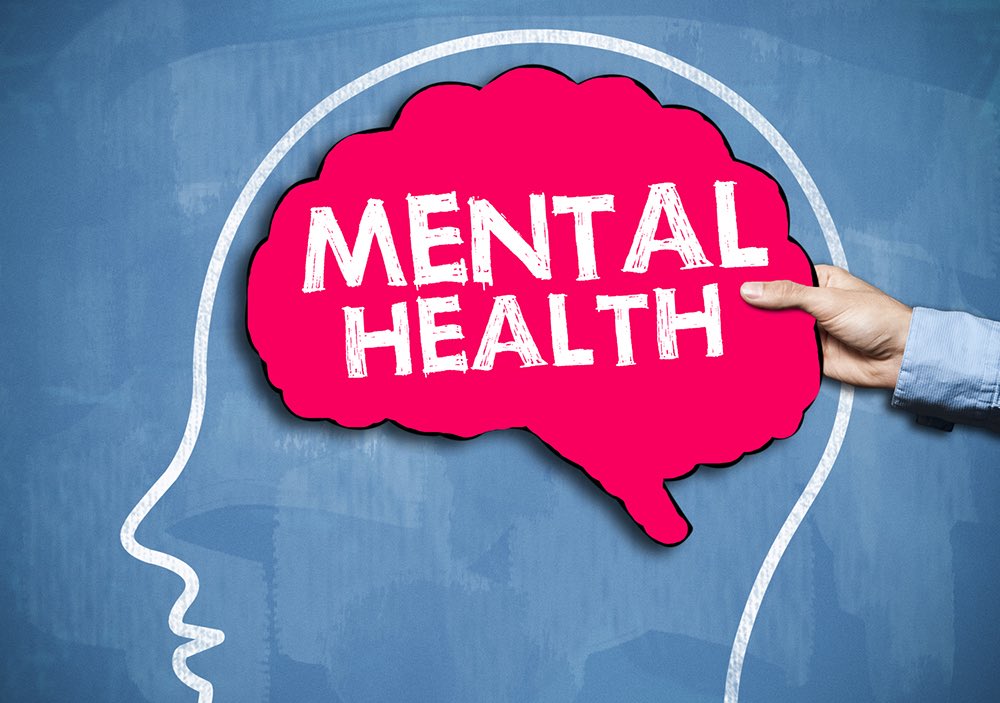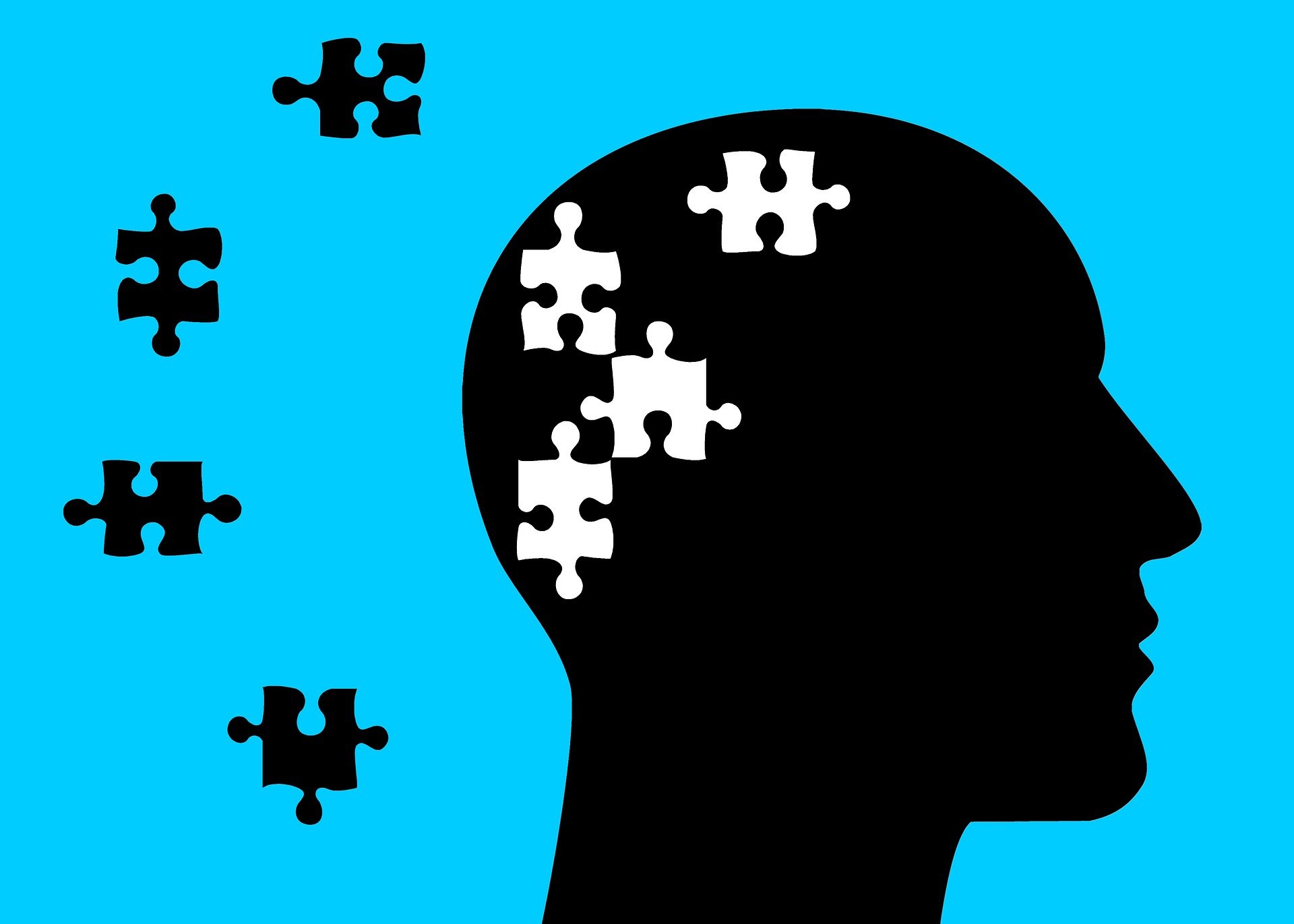You might be wondering, “What are the signs of mental health issues?” If you’re asking yourself this question, there’s a good chance that you have personal experience with these conditions. If not, ask a friend or family member. They could give you some great insight into how to know if you’re suffering from poor mental health.
Table of Contents
What are mental health issues (and how do you know if you have one)
Mental health issues, also known as mental disorders, can be a difficult thing to identify and understand. There are a lot of symptoms and diagnoses that are often hard to explain or understand. Hopefully the article below will help you identify these things and learn how to help yourself when you are dealing with them.
Signs of poor mental health
Signs of poor mental health in an individual can vary depending on the type of issue. Some of the signs might be: increased difficulty concentrating or thinking, mood swings, hostility when interacting with others, increased levels of anxiety that affects daily life, and more.
What if someone does not act like themselves?
If someone’s behavior has changed drastically and they are no longer themselves, you may be the victim of mental health issues. These changes can be very subtle or more extreme, like not being able to make decisions or concentrate on anything. It is important that if you notice these changes to know when to take action and seek help.
Is there anything that can help those with an undiagnosed illness?
Identifying an issue with mental health can be difficult. As a result, the first step of diagnosis is often a physical one. If you believe you may have an undiagnosed condition, there are some things that can help to validate your concerns. A self-assessment questionnaire is available at Mental Health America’s website that you can take to help identify if something is amiss.
How to find a therapist if all else fails
It is impossible to know if you are a victim of mental health issues or not because there are so many variables that can go into the diagnosis. The most important thing to do is speak with someone who has experience diagnosing and treating these types of conditions. If you’re unable to talk to a professional, try finding a friend who knows how to negotiate the process – they may be more willing to help you understand what’s going on than your own family members.




